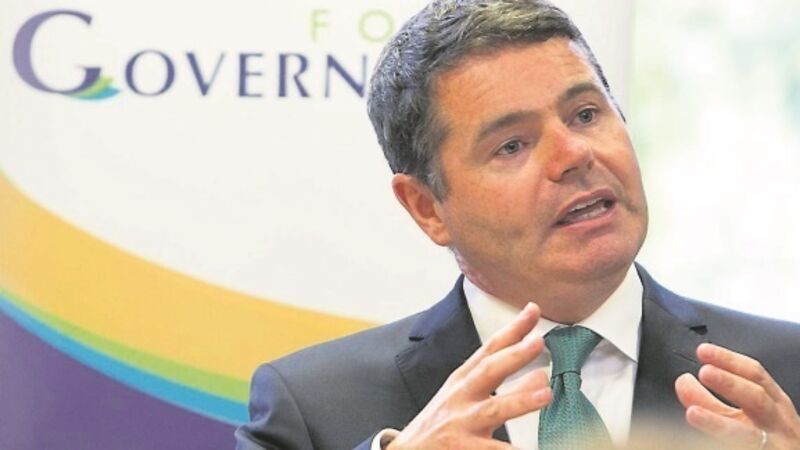Budget 2017 surprises will be few and far between

Leo Varadkar slipped up yesterday in front of the media.
“The budget will be announced next week by Paschal Donohoe and Micheál Martin…well almost,” he said in error before he corrected himself.
Try from €1.50 / week
SUBSCRIBELeo Varadkar slipped up yesterday in front of the media.
“The budget will be announced next week by Paschal Donohoe and Micheál Martin…well almost,” he said in error before he corrected himself.
Already a subscriber? Sign in
You have reached your article limit.
Annual €130 €80
Best value
Monthly €12€6 / month
Introductory offers for new customers. Annual billed once for first year. Renews at €130. Monthly initial discount (first 3 months) billed monthly, then €12 a month. Ts&Cs apply.
CONNECT WITH US TODAY
Be the first to know the latest news and updates
Newsletter
Sign up to the best reads of the week from irishexaminer.com selected just for you.
Newsletter
Keep up with stories of the day with our lunchtime news wrap and important breaking news alerts.
Newsletter
Sign up to the best reads of the week from irishexaminer.com selected just for you.
Saturday, February 7, 2026 - 11:00 PM
Saturday, February 7, 2026 - 9:00 PM
Saturday, February 7, 2026 - 11:00 PM
© Examiner Echo Group Limited